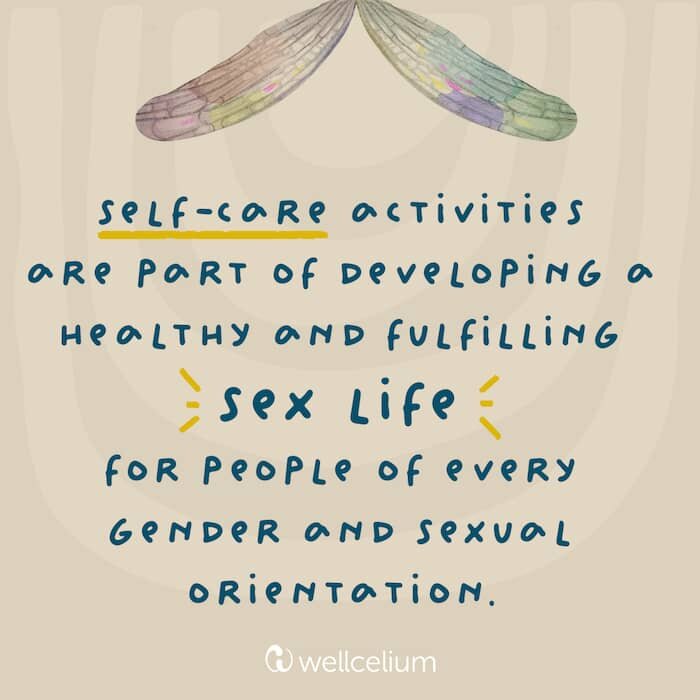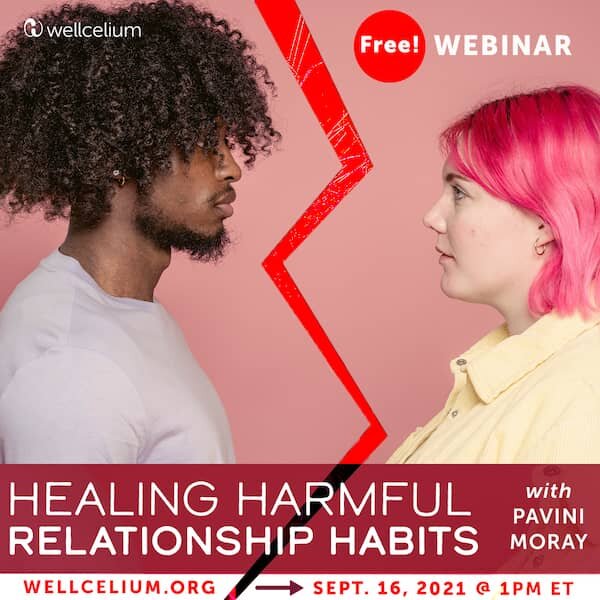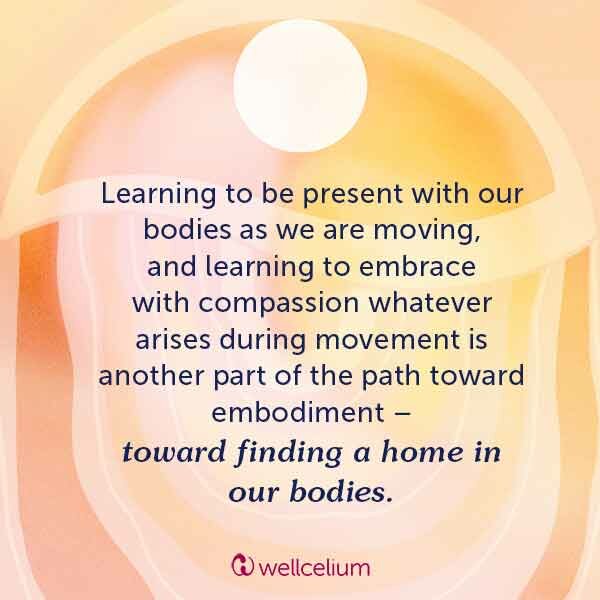By Rebecca E. Blanton
‘Self-care’ conjures images of bubble baths and massages. Self-care is really a multifaceted concept. It can include bubble baths, but also includes setting healthy boundaries, asking for what you need, and eliminating toxic people from your life.
Self-care is critical to a healthy sex life. Sex and intimacy are innate needs for humans. Figuring out how to meet those needs in a healthy way is part of becoming an adult and taking care of yourself.
Why Do People Have Sex?
The need to have sex is something you are born with. Your sex drive fulfills more needs than just procreation. When you have sex, needs for physical touch, emotional connection, physical release, bonding with other humans, and the desire to have a child can all be met.
When you have sex, your body releases neurotransmitters and hormones which make you feel good. These include endorphins which reduce pain and anxiety. You release various neurotransmitters (dopamine, oxytocin) which can make you feel more connected to other people, more relaxed and more at-peace with the world.
How Does Self-Care Factor into Sex?
Sex and sexuality are complicated by social and cultural pressures. You may have learned that sex outside of marriage or outside of the need to procreate is bad. You may have learned that asking for what you want sexually is wrong. You may have had traumatic sexual experiences. These past experiences can make you feel shame or hesitancy toward future sexual relationships.
Self-care activities can be part of your process of healing. They are also part of developing a healthy and fulfilling sex life for people of every gender and sexual orientation.

Self-Care Activities Related to Sex
Self-care activities are any activities which can improve your health, sense of peace, and happiness. The happier you are, the more you will enjoy sex. Here are seven reasons self-care improves your sex life and ways to practice it!
Self-Care Gets You in Touch with Your Body
Take time to regularly do a body scan meditation. This meditation helps you inventory how your body is feeling. Pay attention to any physical desires or sexual desires during the body scan meditation.
Greater Good Into Action has an excellent resource for body scan meditations.
Self-care Makes You Feel Better Naked
If you have shame around your body, this can make being naked with another person difficult. Take time getting comfortable in your own skin. Take a long shower and touch yourself. Look at your body in a mirror and thank it for supporting you.
Self-Care is Accessing Support
High school sex education is limited to discussing the physical mechanics of sex and STIs. You probably never had a chance to discuss what it means to be a man, woman, or gender nonconforming person (nonbinary, trans).
Self-care includes finding groups to talk about your gender or sexuality. Reach out to trans-affirming, LGBTQAII affirming, trauma survivors, disability and sex, or other groups which will allow you to connect with folks like you to discuss sex and gender.
Learning About Sex Improves Sex
There are thousands of classes to explore every facet of your sexuality and identity! Taking a class about sex, specific sexual play, gender, or sexual self-care is a great way to increase your happiness with your sex life.
Self-Care Helps You Identify Your Needs
Write in a journal about what you desire, need, or feel is missing in your sex life. This will help bring into focus what you want going forward in sex.
Self-Care Is Asking for What You Want
Asking for what you want during sex can seem scary and overwhelming. If you are not getting what you want out of your sex life, start asking for it. If you are not comfortable with asking for things during sex, start small. Ask for more time kissing or cuddling. Ask to schedule a sex date. Ask for the lights to be on or off. Once you are comfortable asking for smaller things, begin to ask for the bigger things you desire.
Self-Care Is Protecting Your Health
Sex, even great, healthy sex, can present some health risks. Make sure you pee after sex (all genders). This will reduce the chance of getting a urinary tract infection. If you do not know your STI status, get tested. Knowing if you have an STI will allow you to treat it and protect others. Ask your partner(s) to get STI tests if you do not know their status.
Further Readings and Resources
- Max Pearl’s TransResilliance Blog.
- Jimanekia Eborn Trauma Queen blog has great information and work for women of color healing from sexual trauma.
- Sunny Megatron’s American Sex Podcast has lots of information about healthy sexuality, love, and relationships.
- Andrew Gurza’s podcast Disability After Dark discusses sex and disability.

Rebecca Blanton, Guest Blogger
Rebecca Blanton (aka Auntie Vice) is a writer and performer. Her work focuses on kink, adult sexuality, and gender. She performs as a storyteller and stand-up comic. She holds a Ph.D. in Political Psychology.
Blog: LoveLettersToAUnicorn.com
Website: AuntieVice.com
Twitter, Instagram, Reddit, and TikTok @AuntieVice




